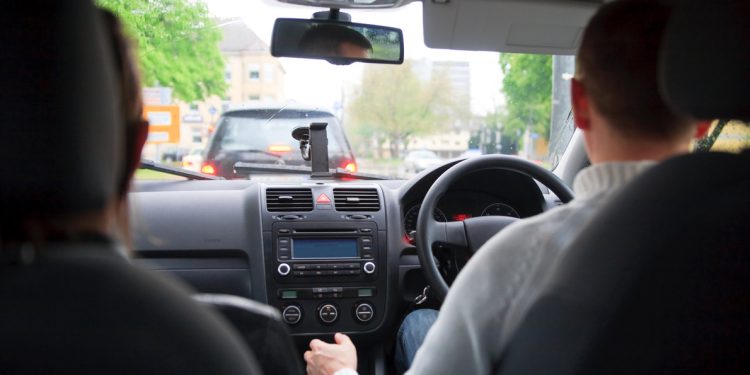Car Sharing – A New Normal for UK Drivers?

Owning and running a car in the UK has become something of a prohibitive expense for many. Rising fuel costs are squeezing drivers on one side, while rising household costs on the other are putting pressure on the longer-term costs of car ownership – be they maintenance, tax or insurance.
With the post-pandemic popularity of remote and hybrid working, people are also commuting less – leading to fewer people relying on their cars for daily transport. Between rising costs and limited need, there are some interesting shifts happening with regard to car ownership – and car sharing is becoming a more appealing option for motorists in the UK.
The Logistics of Car Sharing
Rather than owning a car each and driving separately, families and colleagues alike are leaning toward sharing rides with others. This could take the form of carpooling or even the simple act of borrowing a car. With regard to the latter, cheap and temporary car insurance is available to insure the borrower in the car they are borrowing.
This insurance cost is much cheaper than the cost of an annual policy on your own car and means occasional drivers can make their own trips without the overall cost burden of car ownership. But there are some other specific benefits to this new approach to car ownership, which could have long-lasting impacts on the UK’s driving community.
Environmental Impacts
One of the leading impacts is an international one, relating to the ecological health of the planet. According to Environmental Protection UK, road transport accounts for over a fifth of the UK’s carbon emissions, making cars a leading domestic contributor to climate change.
The overall shift away from reliance on private transport that occurred after the pandemic saw a decrease in overall road transport emissions. As more groups tend towards car sharing than individual car ownership, the carbon cost of vehicles will continue to decrease over time – with positive impacts on the climate crisis, and also on localised pollution.
Financial Impacts
As touched on earlier, there are significant financial impacts attached to reducing individual vehicle ownership – both for those relieving themselves of their car, and for those retaining their car. Naturally, those that sell their car to share another’s are saving large sums of money in the form of insurance, maintenance, tax and MOT costs.
But even if you keep your car, you can save money. For one, your car might receive less overall use, minimising the amount of maintenance necessary over time. For another, fuel costs would be shared between drivers and occupants, creating savings on your consumable costs.
Emotional Impacts
Lastly, there can be a lot of stress wound up in car ownership and usage. Car sharing with a group of people can see you sharing driving responsibilities with others, reducing your exposure to stressful driving situations and making for a calmer commute.










